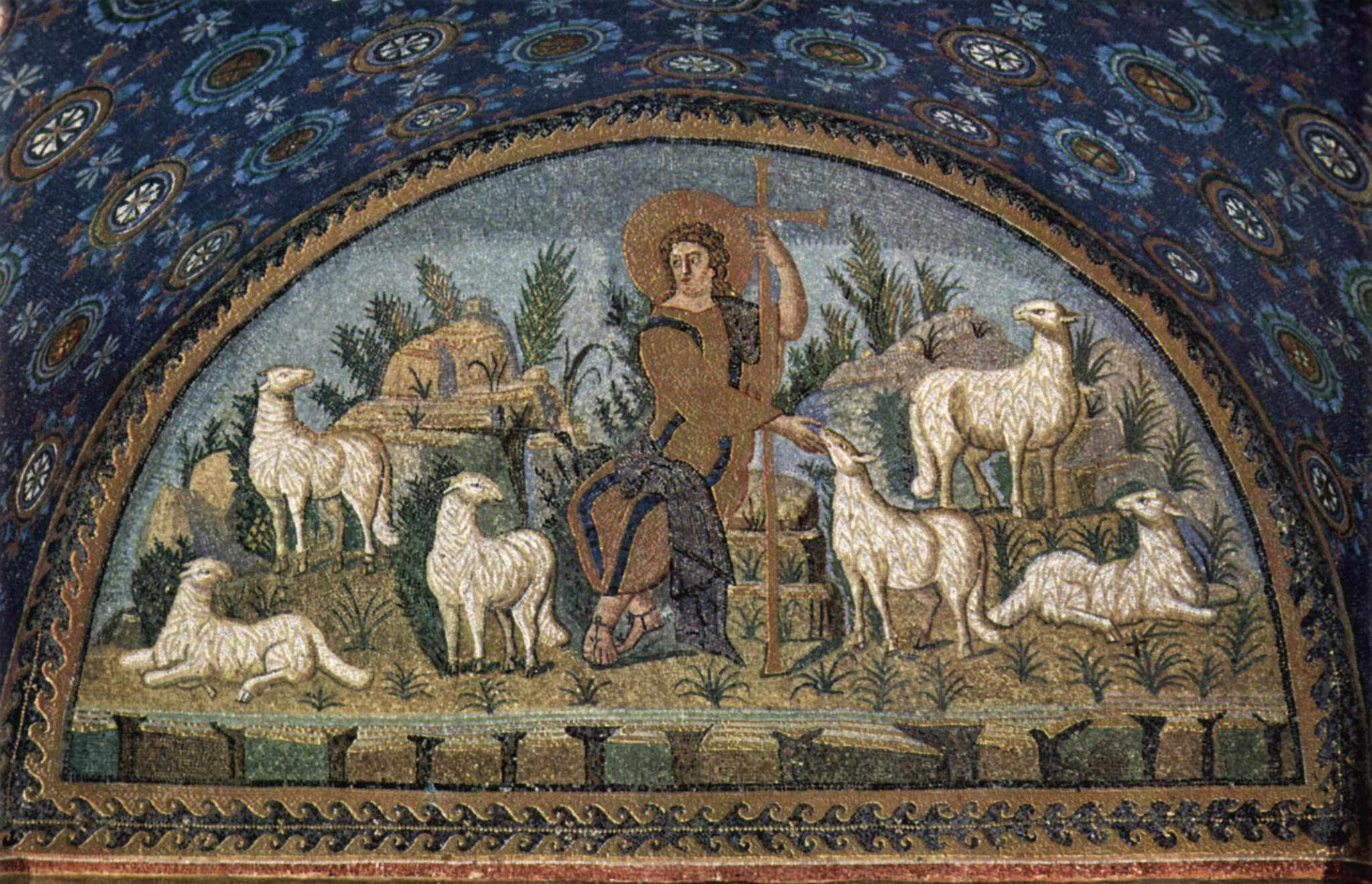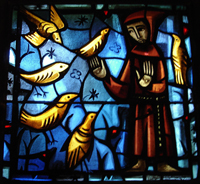You’re blessed when you can show people how to cooperate instead of compete or fight. That’s when you discover who you really are, and your place in God’s family. — Matthew 5:9, The Message

Perhaps no other saying from Jesus needs attention as this one in our very dangerous and destructive world. World and area events point to the need for “peacemaking.” What is a peacemaker? Can the ordinary believer be a peacemaker? The answer, says Jesus, is a resounding YES! The church group to which I belong actually has “peacemaking” as one of its core values:
We value all human life and promote forgiveness, understanding, reconciliation and non-violent resolution of conflict.
Such peace is not merely a cease-fire or a cessation of hostilities or even a truce. While the Jewish citizens of Jesus’ day enjoyed what was called the pax Romana, an external peace, the first century Christian writer Epictetus gave this comment:
While the Emperor may give peace from war on land and sea, he is unable to give peace from passion, grief and envy. He cannot give peace of heart, for which man yearns more than even for outward peace.
Jesus resurrects what his Jewish audience knew as shalom peace, that peace from God and through God that indicated a state and sense of wholeness and well-being applied to individuals, relationships and even cities and nations. David reminds us in Psalm 119:165:
Great peace have they who love your law, and nothing can make them stumble.
Such peace gives a firmness and stability and safety in the path of duty. This peace is both an inner peace of heart and mind as well as a relational peace, as Jesus Christ is honored and given admission to the human heart. The Prince of Peace, Jesus Christ, can only give true, lasting peace not merely between individuals, but between nations as well. The prophet Micah in Micah 5:4-5 promised such universal peace from the promised Messiah:
He will stand and shepherd his flock in the strength of the Lord, in the majesty of the name of the Lord his God. And they will live securely, for then his greatness will reach to the ends of the earth. And he will be their peace.

Certainly, this was the intent of the angels’ message to those first shepherds on a Jewish hillside two thousand years ago:
Glory to God in the highest, and on earth peace to men on whom his favor rests — Luke 2:14.
People need the Lord Jesus Christ for real peace. But this peace is not merely a “soft” peace, or just being nice toward one another. This kind of peace to which Jesus refers is always joined with the concepts of purity and righteousness:
- “righteousness and peace kiss each other” — Psalm 85:10
- “wisdom from heaven is pure then peace-loving” — James 3:17
- “If only you had paid attention to my commands, your peace would have been like a river . . .” — Isaiah 48:18
This is strong peace, holistic peace, real peace. And those who pursue and seek such peace Jesus calls children of God. Peacemakers take on the character of God when they broker peace, whether it be peace in marriages or families or nations. God in the Bible is called the “God of peace,” and when his people imitate Him and image Him they are peacemakers. So, how can we be peacemakers in such a contentious and destructive world? First, we need to know Jesus for personal peace. Without the Prince of Peace setting up his reign and rule in our inner beings, we can never know real peace, nor give it to others. Then, we need to follow Jesus for relational peace. We are called to be his disciples, his followers, and those who follow the Peacemaker will themselves be peacemakers. Third, pray to Jesus for universal peace. Psalm 122:6 tells us to pray for the peace of Jerusalem. Isaiah 11 tells of a coming time when the wolf will lie down with the lamb, when the leopard will lie down with the goat, and when a little child will lead them. And this will come about when the earth is full of the knowledge of the Lord as the waters cover the seas. Finally, we can volunteer in our own towns and cities and areas for just and true peace.

The story is told of a man named Giovanni Francesco Bernadone, once a rich and popular Italian youth. He was the life of the party, so much so that his friends called him “King of Revelers.” But he had no real peace in his heart until one day he met and bowed before the Prince of Peace, Jesus Christ. With his transformation came a new man, with a new love for God and mankind. Yes, he became St. Francis of Assisi and wrote probably the most famous prayer for peace that was ever penned:
Lord, make me an instrument of thy peace; Where there is hatred, let me sow love; Where there is injury, pardon; Where there is doubt, faith; Where there is despair, hope; Where there is darkness, light; and Where there is sadness, joy. For it is in giving that we receive; It is in pardoning that we are pardoned; And it is in dying, that we are born to Eternal life.
Hicks, Edward, 1780-1849. Peaceable Kingdom, from Art in the Christian Tradition, a project of the Vanderbilt Divinity Library, Nashville, TN. http://diglib.library.vanderbilt.edu/act-imagelink.pl?RC=53085 (retrieved August 2, 2014). Original source: http://commons.wikimedia.org/wiki/Image:Edward_Hicks_-_Peaceable_Kingdom.jpg.
Brother Eric. Prayer of St. Francis, from Art in the Christian Tradition, a project of the Vanderbilt Divinity Library, Nashville, TN. http://diglib.library.vanderbilt.edu/act-imagelink.pl?RC=54164 (retrieved August 2, 2014). Original source: http://www.flickr.com/photos/swperman/221008978/.
A Christ-follower and mentor of leaders and churches whose life plan is to make an eternal difference in lives for Jesus Christ. Carl currently serves as the Executive Pastor of Cross Roads Brethren in Christ Church (Mount Joy, PA), President of Carl Shank Consulting, and as a Board Member of the Mount Joy Chamber of Commerce. B. S. in Mathematics from Dickinson College. M. Div. and Th. M. from Westminster Theological Seminary (Philadelphia Campus). Carl’s insights have been a great encouragement to Thomas B. Grosh IV, Associate Director, Emerging Scholars Network. To God be the glory!

Leave a Reply